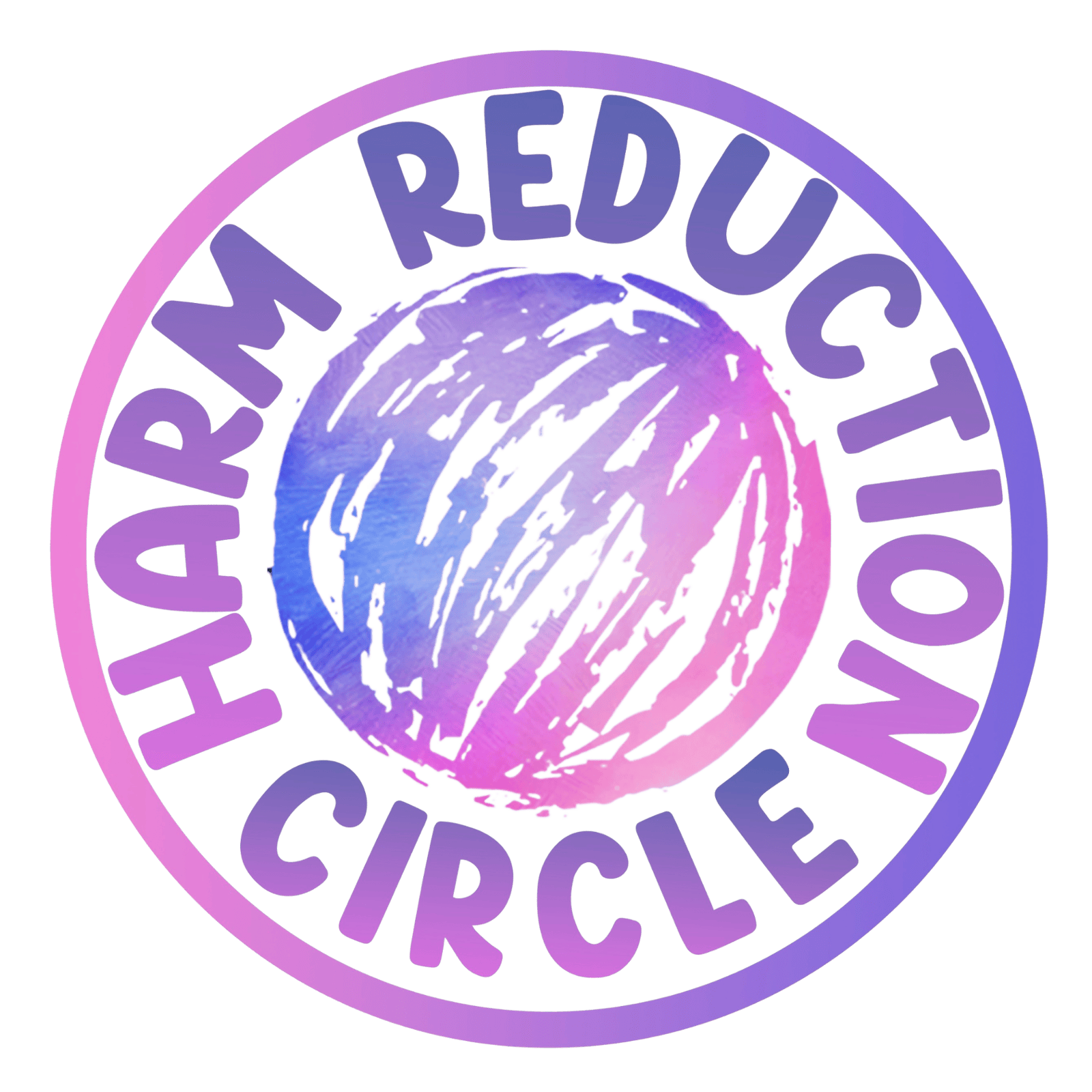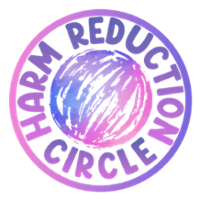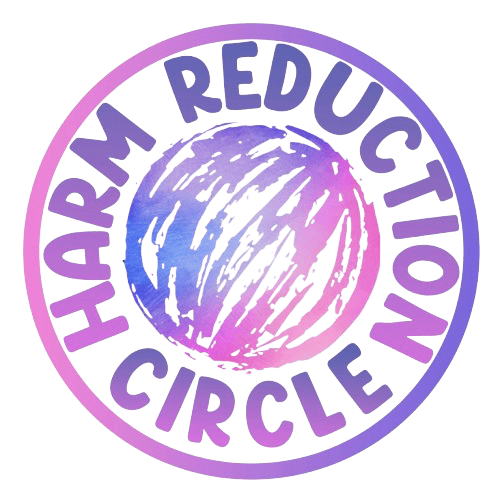Trainings & Workshops for Security, Medical & Crisis Response Teams
For teams responsible for crowd safety, incident management, and emergency response.
Every safe event depends on effective collaboration between security, medical, and operations teams. These trainings are designed for private security firms, venue safety teams, medical responders, EMS contractors, volunteer medics, and crisis management staff working in nightlife and festival environments.
Our sessions emphasize trauma-informed, non-coercive approaches to safety and crisis response. Rather than relying solely on enforcement, these workshops build skills in empathy-driven communication, de-escalation, overdose management, and interdepartmental coordination. The result is a unified, compassionate approach that protects both attendees and staff while preventing unnecessary escalation or harm.
Each course blends operational readiness with human-centered care — empowering teams to recognize early warning signs, respond quickly and confidently, and coordinate with peers across departments. All trainings can be delivered in pre-event briefings, full-team seminars, or specialized breakout sessions depending on team structure and venue size.


